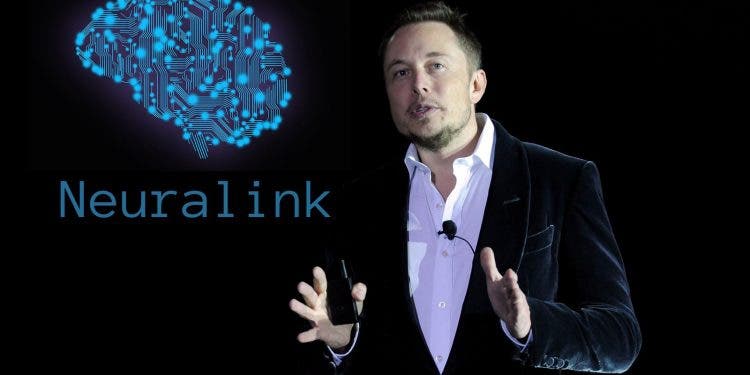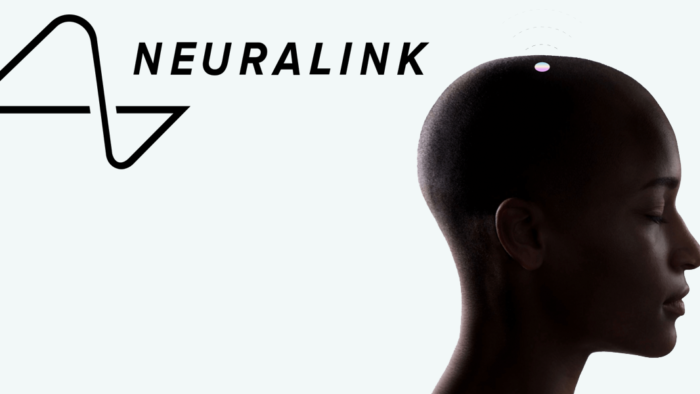Elon Musk’s Neuralink has achieved a historic milestone by completing the first brain chip implant. This extraordinary scientific and technical discovery marks a watershed moment in neurotechnology, bringing us closer to a day when humans can organically engage with artificial intelligence. Consequently, Neuralink’s use of cutting-edge brain interfaces has the potential to drastically revolutionise how humans interact with machines, thereby redefining what it means to be human. Join us as we analyse this historic event’s intricacies and consider the future consequences.
The first human received an implant from @Neuralink yesterday and is recovering well.
Initial results show promising neuron spike detection.
— Elon Musk (@elonmusk) January 29, 2024
The Human Brain Chip: Neuralink Unveils a New Era
What is Neuralink?
Elon Musk founded Neuralink in 2016. The company aims to create brain-machine interface technology that will allow humans to communicate directly with artificial intelligence. Additionally, Neuralink aims to improve human capacities and treat neurological problems by merging neuroscience, engineering, and computer science advances.
The First Human Implant
Neuralink recently accomplished a noteworthy first by successfully implanting a brain chip in a human being. Certainly, this remarkable accomplishment opens the door to a wide range of possible uses, including the treatment of neurodegenerative illnesses and a radical redesign of how humans engage with technology.
How does the Brain Chip work?
Neuralink’s brain chip is a small, flexible device that is inserted into the brain via a minimally invasive technique. With an unparalleled degree of accuracy and resolution, this device’s many electrodes can record and stimulate brain activity. The electrodes’ data collection opens up a world of possibilities for studying and controlling the human brain through external device processing and interpretation.

Neuralink’s Potential Implications
Advancing Medical Treatments
The subject of medicine is one of the most exciting uses of Neuralink’s brain chip technology. This technology has the potential to transform the treatment of neurological conditions, including Parkinson’s disease, Alzheimer’s disease, and spinal cord injuries since it can interact directly with the brain. Researchers and doctors may be able to improve cognitive function and recover lost motor capabilities by decoding and activating brain impulses.
Augmenting Human Capabilities
Neuralink’s brain chip has the potential to enhance human skills in ways that were previously unthinkable, even outside of the medical field. Imagine a day in the future when people can easily operate linked gadgets with their thoughts or converse just by thinking. The benefits are many, ranging from improving learning and memory to facilitating psychic connection.
Ethical Considerations
While there is no denying the fascinating potential presented by Neuralink’s brain chip, they also bring up significant ethical issues. Regarding permission, privacy, and the possible hazards of technological breakthroughs, concerns regarding their integration with the human brain arise. For these breakthroughs to be utilised responsibly and with people’s autonomy and well-being at the centre. Moreover, society must have meaningful conversations and create strong ethical frameworks.





